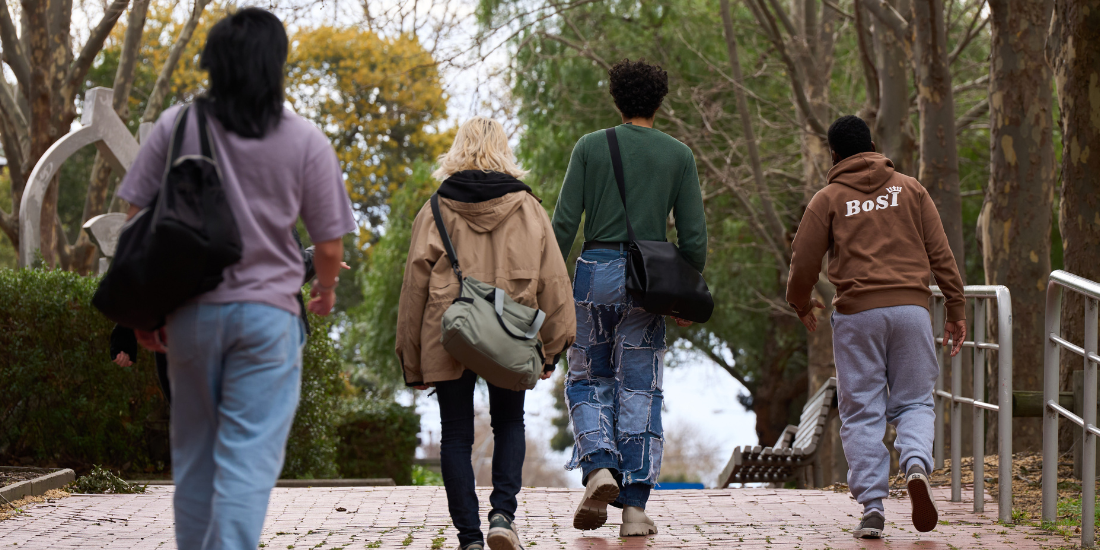
A newly funded clinical trial will lay the groundwork for future treatments for conduct disorder, a condition characterised by antisocial behaviour that affects over two per cent of Australian children.
The trial, led by Orygen and University of Melbourne researcher Dr Alexandre Guerin, has been awarded $998,219 over two years from the Medical Research Future Fund (MRFF) to investigate whether the medication Lisdexamfetamine can be used to effectively treat conduct disorder in children and adolescents.
Dr Guerin said that currently there are no approved, targeted treatments for conduct disorder, despite the condition’s poor outcomes.
“We urgently need new, effective treatments for conduct disorder in children,” Dr Guerin said.
“The disorder can mean young people behave in antisocial or impulsive ways, have trouble with social cognition and even engage in criminal behaviour.
"Treating children with conduct problems early holds the potential to prevent a lifelong cascade of negative outcomes, reducing the likelihood of developing substance use disorders, anxiety, depression, and severe personality disorders"
FAST FACTS: CONDUCT DISORDER
Dr Guerin said that some prescription stimulant medication had been shown to be effective in managing the symptoms of conduct disorder, but these medications also had risks such as the potential for abuse or addiction.
Lisdexamfetamine, however, has already been approved by the Therapeutic Goods Administration (TGA) for use in children, and could potentially target conduct disorder symptoms with a much lower potential for abuse.
The trial will investigate whether the medication improves symptoms of conduct disorder in young people aged 10 to 15 over a one-week period, and will use an innovative, state-of-the-art virtual reality exercise to assess aggressive behaviours, as well as social cognition, impulsivity, substance use, ADHD symptoms, and quality of life.
“This is an under-researched condition, and there is a clear need to develop new treatments to help children with conduct disorder – but also to help their families, supporters and the broader community,” Dr Guerin said.
“We are really excited about the potential of this medication to target young people’s symptoms, improve their wellbeing and ultimately lead to better mental health now and across their lifespan.
“We are also taking an innovative approach to measuring the outcomes of the trial – bringing together the best of medical research with new innovations like virtual reality – to ensure our results are rigorous, cost-effective and take us one step closer to new treatments."
The research team includes investigators from Orygen's Substance Use Research Group and Virtual Reality Lab, as well as researchers from the University of Melbourne and Monash University.